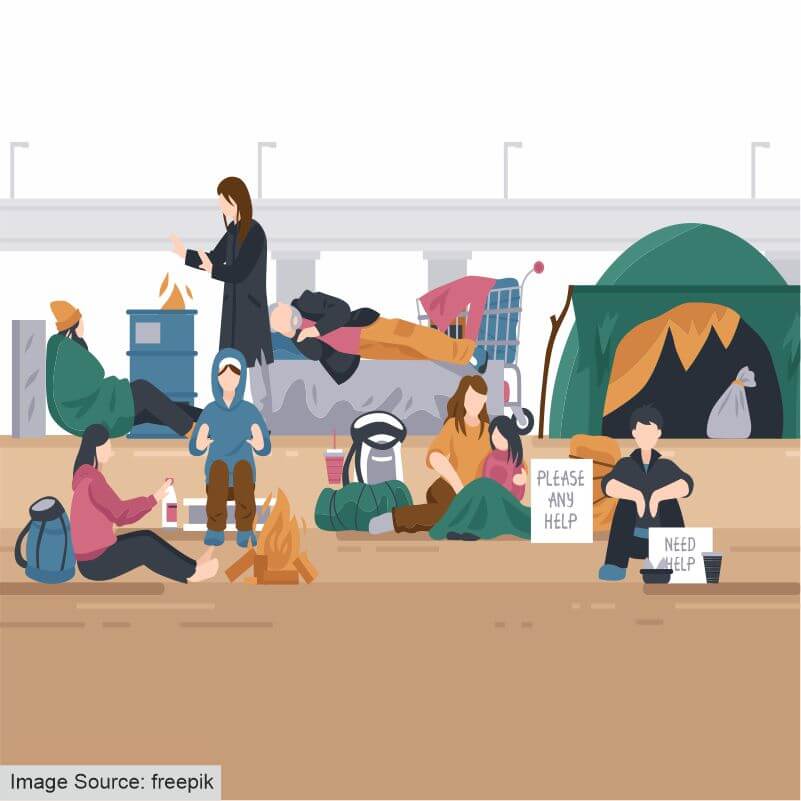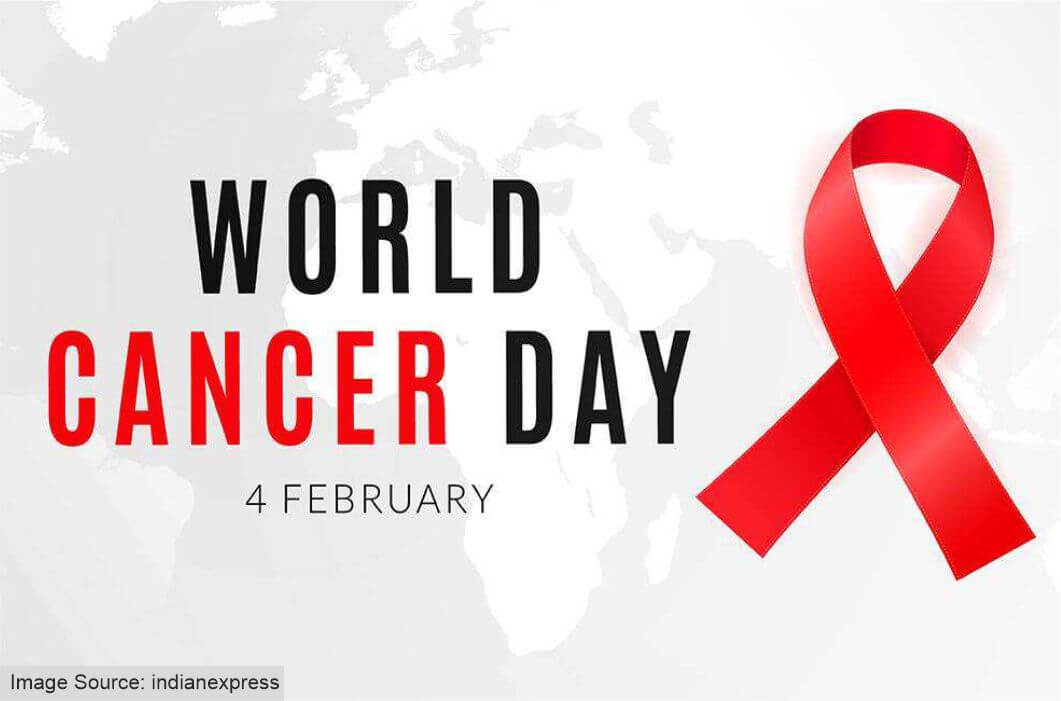Every 4th of February, the world unites in supporting cancer victims by observing World Cancer Day. Established in the year 2000, at the World Cancer Summit Against Cancer for the New Millennium in Paris, the objective of this day is to reduce cancer cases and deaths caused by cancer. The day also attempts to reduce misinformation, raise awareness and eliminate stigma. Recently, cities have also started lighting up important landscapes in orange and blue to show solidarity.
In 2016, #NoHairSelfie campaign was launched, where people were invited to share their No Hair Selfie, a digitally altered selfie to make the participants look bald, on their website and app. Thousands of people uploaded their selfies, and the money generated was donated to cancer research.
World Cancer Day is normally associated with a theme, the theme for 2019-2021 was ‘I am and I will’, which attempted to reduce fatalistic attitudes and beliefs toward cancer, and wanted to showcase how our personal actions can be powerful and impactful.
The theme for the years 2022-2024 is ‘Close the care gap’, which is an attempt to terminate the difference in access to cancer care due to race, religion, caste, gender, income etc.
The year 2022 focused on recognizing the challenges faced by marginalized groups when it comes to accessing cancer care. Income, education, location, discrimination, and prejudice are a few of the factors which can act as a barrier to cancer care. This barrier can go on to cost the lives of the patient. Similarly, eight such barriers have been recognized;
- Gender-Based Barriers
Misogyny pertaining to society may prevent thousands of girls from seeking cancer treatment. A woman may hesitate to go for cancer screening due to the stigma attached to breast and cervical cancer.
Similarly, Men may also suffer from gender-based norms. Society’s conception of Masculinity may make a man feel reluctant to discuss health concerns. For example, a man may not go for surgery in cases of prostate cancer, out of fear of impotence.
- Inaccess for Minority Populations
Indigenous people only account for six per cent of the world's population but represent up to fifteen per cent of the world’s poor.Combine this with human rights violations, language barriers and systematic differences, it becomes extremely difficult for a non-white person to access cancer care.
Similarly, Men may also suffer from gender-based norms. Society’s conception of Masculinity may make a man feel reluctant to discuss health concerns. For example, a man may not go for surgery in cases of prostate cancer, out of fear of impotence.
- Poverty and Socioeconomic barriers
A low-income person is more likely to die due to cancer as compared to a high-income person. This may happen due to lack of basic education, inability to take off work to seek treatment, lack of health insurance, expensive treatments etc.
- Lack of resources in rural areas
Most of the big-scale hospitals are focused in urban areas. Therefore it becomes difficult for a person living in a rural area to get proper cancer care. It becomes extremely heavy on the pocket to travel to major cities to get treatment.
- Age-Based Barriers Cancer can be easy to defeat if it is detected early. However, many symptoms are mistaken for ‘everyday health issues’, when it comes to senior citizens. Therefore, an old person is more likely to die of cancer than younger patients.
- Lack of cancer care for Refugees
A large number of people fleeing from their homeland due to war and political turmoil often don’t get quality cancer care. A large number of hospitals and clinics get closed down or destroyed when it comes to such situations, making it difficult to get proper health care.
- Lack of cancer care for Refugees
Barriers created by Homophobia, and Transphobia People from the LGBTQI community often face discrimination from healthcare practitioners. Also fear of being mistreated by healthcare workers also drives many LGBTQI people away from seeking healthcare.
- Barriers to Disabled Cancer Patients
Disabled people require health care specifically designed for their impairment. There is also transportation difficulty and most of the hospitals are not equipped with proper care for disabled people.
This year, the aim is to unite our voices and take action. Various people will use their reach and platform to raise awareness about inequity in access to cancer care.
You too can use your power to gather your friends and start ?talking about inequalities in our healthcare system. So, Use your power to reduce the cancer care gap.

